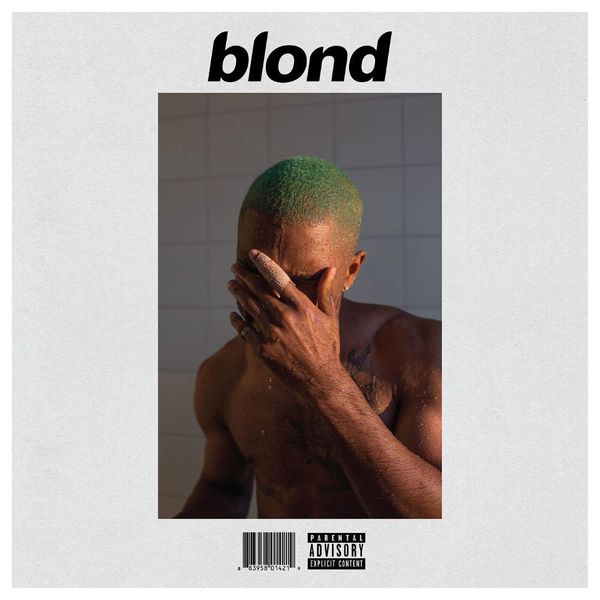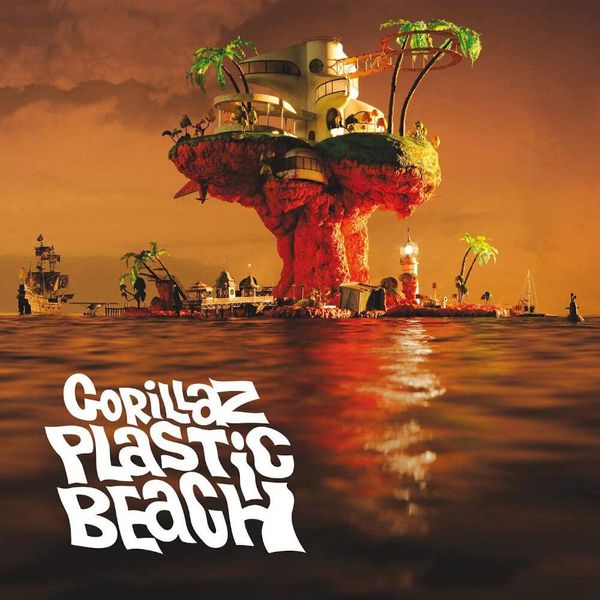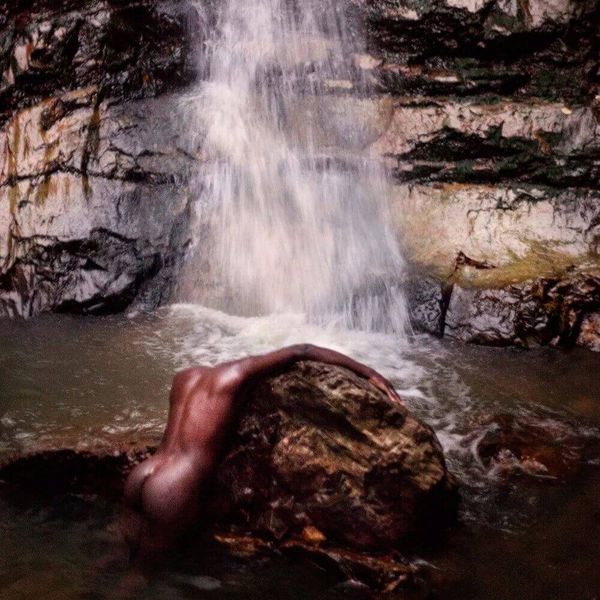André
James Blake has fallen in love, and don’t we know it. Declarations of adoration abound on his latest record, which makes a refreshing change from the sorrows that encompassed previous releases. At first, it seems like very little has changed. The title track kicks things off with warm piano touches, contrasting nicely against jittery beats, but without going anywhere particularly interesting.
Indeed, Assume Form takes a while to hit its stride. The opening two tracks exhibits the majority of Blake’s blemishes: too many elements with very little to hold on to. It’s not until “Tell Them”, featuring Moses Sumney, that the album truly starts to unveil itself.
The guest features on the whole are superb. Andre 3000 is at his very best on the excellent “Where’s the Catch?”, whilst Rosalia injects some serious Latin passion on “Barefoot in the Park”. It’s on these guest tracks where Blake’s production seriously shines, as he makes a stake for being one of the finest sonic architects of his kind.
What’s most appealing about Assume Form, however, is its change in lyrical tone. Blake’s words are far more direct than ever before, and it suits the more focused nature of his songwriting, particularly in the album’s second half. Blake has always been excellent at setting a mood, but for the first time in his career he actually exudes genuine emotive qualities. Whereas The Colour in Anything felt like a sombre journal — sometimes overbearingly so — Assume Form is an occasionally beautiful statement of love.
Blake admitted to Dazed that since being in a relationship, he ‘wasn’t being encouraged to sit behind metaphor or sit behind long silences or be in a mood without explaining what it’s about.’ It’s interesting to read that even he acknowledges his previous limitations, and encouraging to see that his sweetheart Jameela Jamil has helped him develop his musical capabilities further. Assume Form isn’t his best record so far, but it is his most sincere. Less moods, more songs. I’ll take it.
7 out of 10
Fred
The thinking (wo)man’s Sam Smith is back. His fringe is gone, so you know he means business. Assume Form is true to its name. Previous James Blake albums had created expectations of slow, aimless tracks with sparkly ambient shimmers, and the opening efforts of Assume Form do little to dispel that particular prejudice. But as the album progresses — and eventually flourishes — I have to admit this is Blake’s most ambitious effort to date. It’s not far off being wonderful.
The album’s not 75 minutes long, which is already an improvement on the beached whale that was The Colour in Anything. The discipline required to cut down to a 48 minute run time extends to the songs themselves, which for the most part are focused and distinct. “Into the Red” feels self-contained and confident, while “Where’s the Catch” is already a safe bet for one of my favourite songs of the year. Its blend of spacious, Blake-like production with insistent and soulful beats is catchy as hell. “I’ll Come Too” is a legitimately gorgeous love song, swelling past heights Blake hadn’t dared to approach before. The closing stretch of the album is a pleasure to listen to.
My qualms with James Blake remain, but I’m now quietly excited for his future work. His ear for production has always been top notch, but his obtuse songwriting prior to this release left much to be desired. Assume Form feels like a crystallization of the James Blake gloop, and I welcome it. The album is not a triumph, but it is bold in ways I wasn’t expecting from Blake. I’m delighted for him. And myself.
7 out of 10
Andrew
At the release of James Blake’s last LP, The Colour In Anything, I was conflicted. While I found a lot to enjoy, the album as a whole sprawled out, unfocused and more unsure of itself as it progressed. Assume Form seems to be somewhat of an antidote. At 48 minutes the tracklist feels more concise, and the sound across the album is far more cohesive.
“Can’t Believe the Way We Flow” epitomises much of the change here. Less sombre, driven by Blake’s new found love, and held together in a solid structure, the track is drenched in a warm, lush instrumental throughout its chorus and decorated with layers of twitching samples heard across his material. You’ll find more of the same from the likes of “I’ll Come Too” and “Power On”, but the variety comes from the features littered throughout the record. “Tell Them” has a great vocal from Moses Sumney, and Metro Boomin’s production makes for heavier hip-hop instrumental than the rest of the album without feeling out of place. “Barefoot in the Park” makes for a refreshing change too, with Rosalina’s vocal working well with Blake’s and adding some of her own influence to the overall track. Finally, the Andre 3000 verse on “Where’s the Catch?” sounds effortless and works well over the sparse mixture of piano and distant layers of vocals.
The album doesn’t entirely escape without issue. The omission of the opening eight minutes thus far is likely because I often found myself omitting it when I made repeat listens. The opener carries many of the hallmarks of a Blake record but still feels like a remnant of his previous album, not entirely pulling together to make a whole track. “Mile High”, which follows, is a tad dreary in comparison to the rest of the album, and easily the lesser of the two Metro Boomin features.
Overall though, Assume Form feels as though James Blake is, funnily enough, back on form. Returning with an album full of focus, cohesive tracks, and love, he’s progressed his sound while keeping its distinctive nature. In doing so, this LP has made me far more interested in his next few years of work.
8 out of 10



